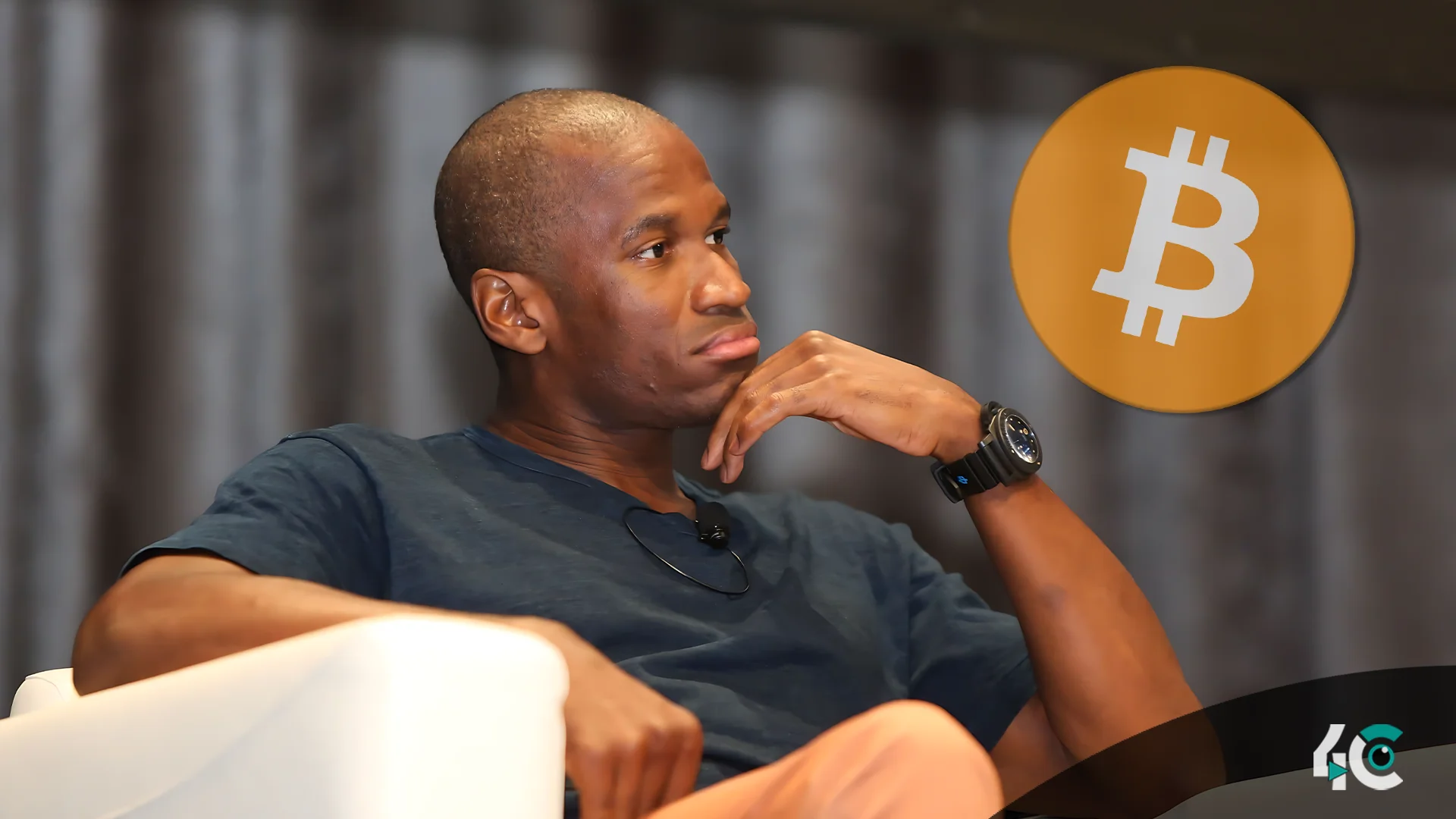According to Arthur Hayes, co-founder of Maelstrom, the creation of a strategic Bitcoin reserve in the US may not be a positive development for cryptocurrency adoption. He worries that owning Bitcoin as a national asset might convert it into a political weapon that future administrations can manipulate.
According to Hayes, while some in the crypto community push for government-backed Bitcoin reserves, this strategy may backfire. If a pro-crypto administration decides to buy a large Bitcoin stockpile, a future government with opposite views might easily liquidate those assets, resulting in big price swings.
“A Bitcoin reserve is just another financial asset that can be bought or sold at the discretion of those in power,” according to Hayes. A new administration’s decision to profit from the stockpile could potentially cause significant market disruptions.
Hayes also pointed out that politicians could use the value of Bitcoin as a political talking point. If an administration that favors Bitcoin sees its price skyrocket, opponents may use market downturns to discredit its policies. This, he claims, would add needless instability to an already volatile cryptocurrency ecosystem.
Some business executives believe a Bitcoin reserve may bolster the US dollar and assist in reducing national debt. Hayes, on the other hand, remains suspicious, pointing out that political reasons may overwhelm financial rationale. He argues that Bitcoin’s value stems from its decentralized nature and that putting it under government control risks undermining its essential values.
Hayes also highlighted concerns about government participation in cryptocurrency regulation. He cautioned that major financial institutions with political clout could alter policies to benefit centralized companies, limiting prospects for smaller, more innovative participants in the field.
While the discussion about a Bitcoin reserve in the United States continues, Hayes’ warning serves as a reminder that government engagement in cryptocurrencies is fraught with risk. Future regimes’ interactions with Bitcoin will determine whether it remains an autonomous financial asset or becomes a weapon for political strategy.


































